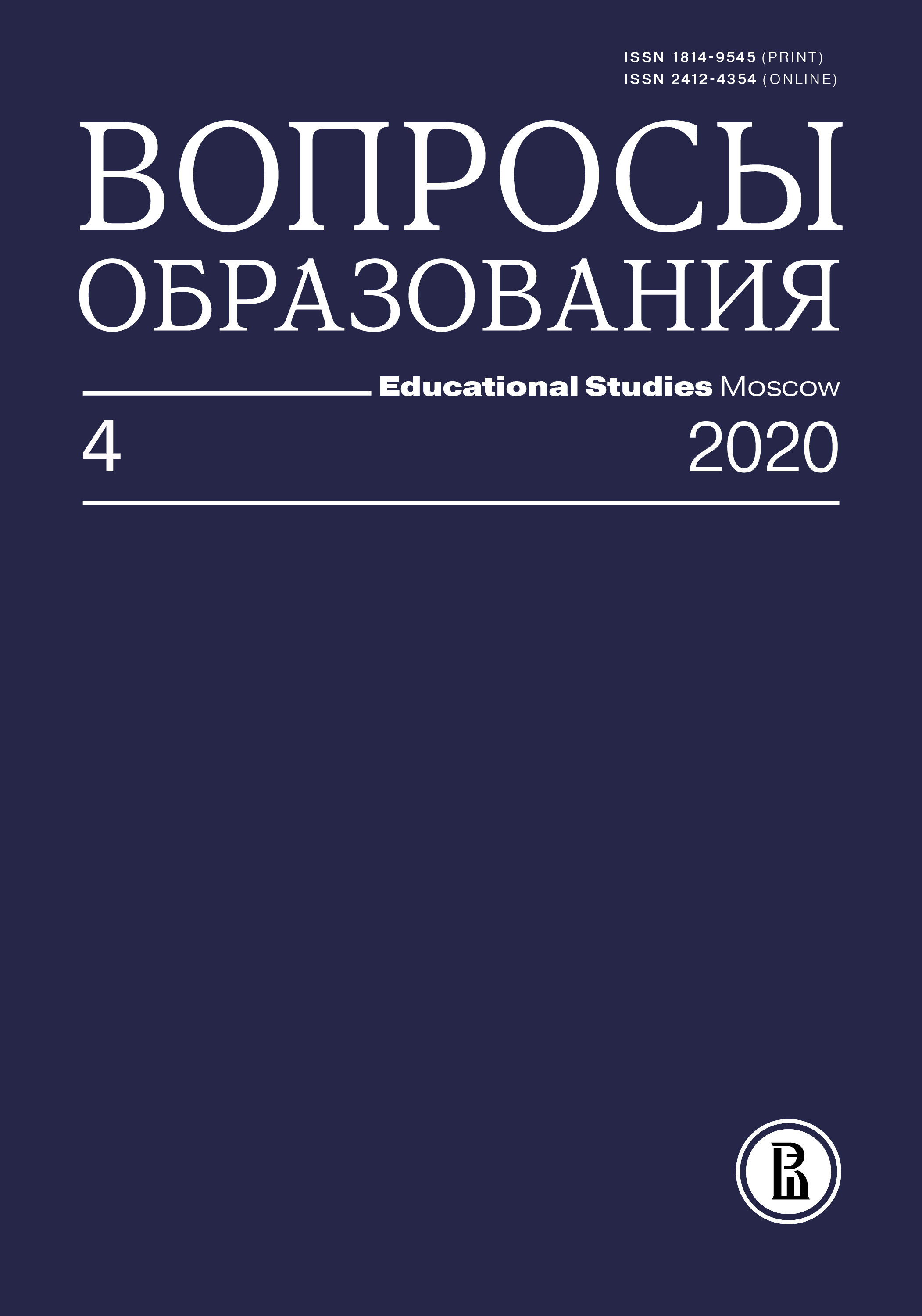Субъективное благополучие преподавателей российских вузов: Опыт эмпирического исследования
Аннотация
В статье на материалах эмпирических исследований анализируются показатели субъективного благополучия научно-педагогических работников ведущих российских вузов. Методология исследования предполагает различение субъективного и объективного измерения благополучия, выделение аффективного и когнитивного компонентов благополучия, учет комплекса детерминант субъективного благополучия при специальном рассмотрении группы профессиональных факторов, включение в инструментарий апробированных шкал для обеспечения валидности измерений. На эмпирическом материале обосновывается вторичность для научно-педагогических работников размеров дохода по сравнению с ценностями интересной работы, свободы, профессиональной самореализации. Выявлена взаимосвязь между показателями субъективного благополучия, возрастом преподавателей и уровнем их профессиональной квалификации. Отмечается негативное влияние современных образовательных реформ на профессиональное благополучие научно-педагогических работников. Авторы считают, что поиск средств удержания и мотивации работников высшей школы следует дополнять разработкой и реализацией программ повышения субъективного благополучия сотрудников.








